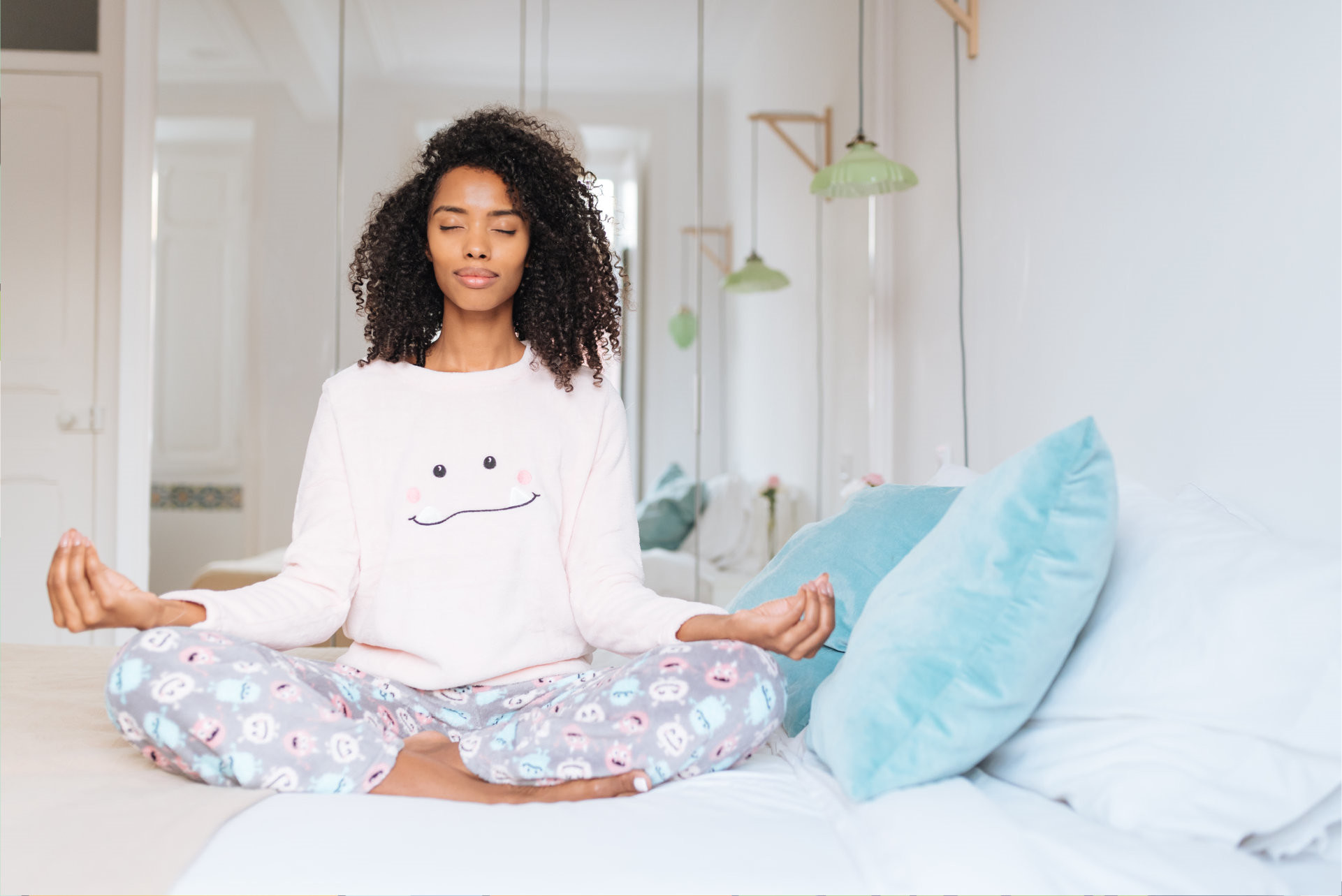Self-care is important for a healthier, happier life.
In difficult times, it’s easy to neglect our physical and mental health but it does need looking after. When we talk self care, we talk about the actions you can take to develop, protect, maintain and improve health and wellbeing. What we eat, how much water we drink (lots), how much alcohol we drink (not too much), the exercise we do and the quality of our sleep are all fundamental to our wellbeing.
Many people find it difficult to take time out to ‘recharge their batteries’ because they don’t want to seem lazy or selfish but it’s important to remember that to be the best version of yourself, you need to look after number one!
SOME SELF CARE TIPS INCLUDE:
- Taking a walk. Natural light is a mood booster and fresh air helps to clear the head!
- Eating a healthy balanced diet. We feel better when we aren’t reaching for the junk food!
- Spending time with family and/or friends. This is difficult to do in the current climate but you can meet one person outside. The majority of people take comfort when they’re around family and friends – but if seeing these people heightens anxiety or impacts on your mood, don’t go.
- Investing in some ‘me time’ – and don’t feel guilty about it. Why shouldn’t you enjoy a leisurely soak in the bath, or a quiet 30 minutes reading a book? Go for it.
- Doing activities you enjoy. We spend too much time doing ‘chores’ but spending time doing something that makes you happy (baking, reading, sewing, running etc) has many benefits.
- Catch some zzzs. One thing you can day after day is some self care around your sleep. Sleep is arguably the most important of the three pillars of a healthy life. It impacts on psychological health, metabolism, cardiovascular health and the immune system.
SLEEP SELF CARE TIPS:
- A good morning routine. Try to wake up at a similar time to strengthen the body clock and where possible, expose yourself to natural light in the morning to suppress melatonin and boost alertness.
- Avoiding caffeine 8 hours before bed. Although we react differently to caffeine, it’s advisable to cut the caffeine by mid afternoon so that it doesn’t interfere with getting off to sleep.
- A bedroom environment that helps you sleep. You will sleep a lot better if your bedroom is cool, quiet, dark, clutter free and has a super comfy bed to get into!
- Use music, reading or mindfulness to relax before bed. In today’s busy world, we forget to calm our bodies and minds before we hit the hay. Try listening to music, reading or practising mindfulness to get into the right frame of mind for sleep.
- Switch your phone off and keep it out of the bedroom. While all electronic screens are best avoided an hour before bed, our phones are the main culprits because we are more tempted to check them one more time before bed, whether that’s for social media or work emails.
- Don’t use alcohol to help you sleep. Relying on alcohol to help you sleep is a big no-no. While it initially relaxes you and may get you to sleep quicker, it disrupts the sleep cycle and you will wake more in the night.
- Keep a notepad and pen in your bedside drawer so you can write down any worries or even your to-do list
- A good night time routine. We thrive on routine so try to do the same things each night before bed so your body knows the cues for sleep. Think warm bath, a milky drink, reading/listening to music and brushing teeth/taking off make-up.

